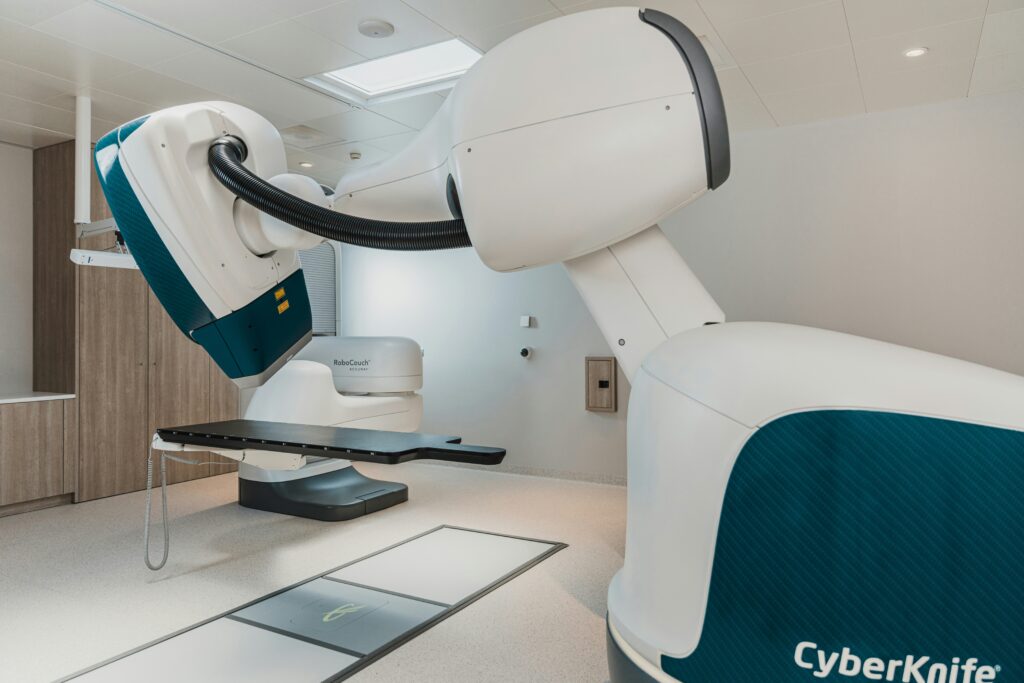In a groundbreaking shift, generative AI is accelerating the pace of scientific discovery, particularly in the complex fields of drug development and material engineering. Traditional research and development (R&D) cycles are notoriously long, expensive, and often plagued by high failure rates. However, recent breakthroughs powered by intelligent algorithms are drastically shortening these timelines and opening up vast, previously unexplored chemical and material spaces.
The AI-Driven Breakthrough in Molecule Design
One of the most significant developments in recent years has been the application of generative AI to design novel molecules with desired properties. Companies like Insilico Medicine, for instance, have leveraged AI to identify preclinical drug candidates at record speeds. In 2022, Insilico Medicine announced that its AI platform, Pandomics, Chemistry42, and InSilicoTrials, had identified a novel drug candidate for idiopathic pulmonary fibrosis (IPF) that entered Phase I clinical trials in just 18 months – a process that typically takes several years.
Furthermore, Google DeepMind’s AlphaFold, initially focused on protein folding prediction, has paved the way for understanding the fundamental building blocks of life with unprecedented accuracy. This understanding is critical for designing drugs that precisely target specific proteins. Researchers are now extending these principles, using generative models to design entirely new proteins and enzymes that could unlock treatments for diseases or create more efficient industrial catalysts.
Redefining Material Science: From Lab to Market Faster
Beyond pharmaceuticals, generative AI is also revolutionizing material science. Imagine designing a new battery material that is more energy-dense and safer, or a catalyst that makes industrial processes far more environmentally friendly. AI models can simulate, predict, and even suggest novel material structures based on desired properties, drastically reducing the need for costly and time-consuming experimental trial-and-error.
A study published in Nature in late 2023 highlighted how machine learning models could predict the properties of millions of hypothetical materials, identifying promising candidates for applications such as superconductivity and advanced electronics. This capability allows scientists to explore a virtually infinite design space, accelerating the discovery of materials with tailored characteristics for aerospace, renewable energy, and medical devices. The Verge recently covered how Google DeepMind’s GNoME (Graph Networks for Materials Exploration) discovered 2.2 million new materials, including 380,000 stable compounds with potential for future technologies.
Profound Impact Across Industries
The implications of generative AI in these fields are vast and far-reaching. In the pharmaceutical industry, it promises to:
- **Accelerate Drug Discovery:** Reduce the time and cost from target identification to preclinical candidate selection.
- **Increase Success Rates:** Design more effective and safer compounds with fewer off-target effects.
- **Personalize Medicine:** Develop drugs tailored to individual genetic profiles.
For material science, the impact includes:
- **Novel Material Development:** Create materials with unprecedented properties for various applications.
- **Sustainability:** Discover more efficient catalysts for chemical reactions or new materials for carbon capture.
- **Cost Reduction:** Minimize expensive and time-consuming experimental work.
This paradigm shift means that life-saving drugs could reach patients faster, and sustainable technologies could be deployed on a global scale more quickly. It’s about empowering scientists with tools that transcend human intuition and computational limits.
The Future Vision: Autonomous Discovery and Ethical Frontiers
Experts predict a future where AI-driven autonomous laboratories conduct experiments, analyze results, and iteratively refine designs with minimal human intervention. This ‘closed-loop’ discovery system could unlock scientific breakthroughs at a pace unimaginable today. However, this future also brings challenges. The ethical implications of AI-designed drugs, the need for robust validation, and ensuring equitable access to these advancements are critical considerations that require ongoing discussion.
Dr. Kevin Esvelt, an MIT media lab professor, once emphasized the need for careful oversight in synthetic biology, a field closely related to AI-driven molecular design. As AI becomes more powerful, ensuring its responsible application will be paramount. The collaboration between AI specialists, chemists, biologists, and material scientists will be key to unlocking the full potential of these intelligent systems while mitigating risks. To delve deeper into the societal implications of such technologies, you might find our article on Exploring Ethical AI Development insightful.
In conclusion, generative AI is not merely an incremental improvement; it is a fundamental game-changer for drug discovery and material science. By enabling the rapid design and prediction of novel compounds and substances, it is ushering in an era of accelerated innovation that promises to solve some of humanity’s most pressing challenges, from disease eradication to sustainable living. The future of scientific exploration is undeniably intelligent.

